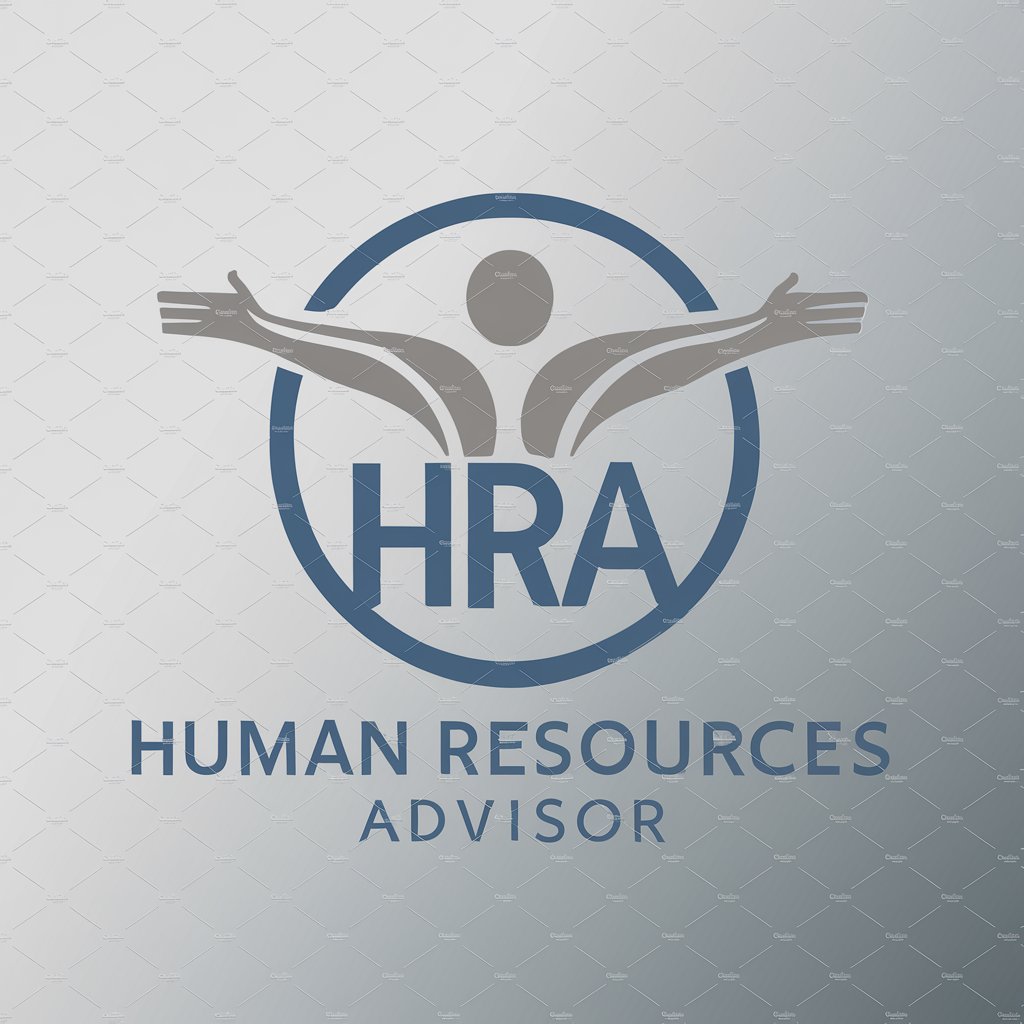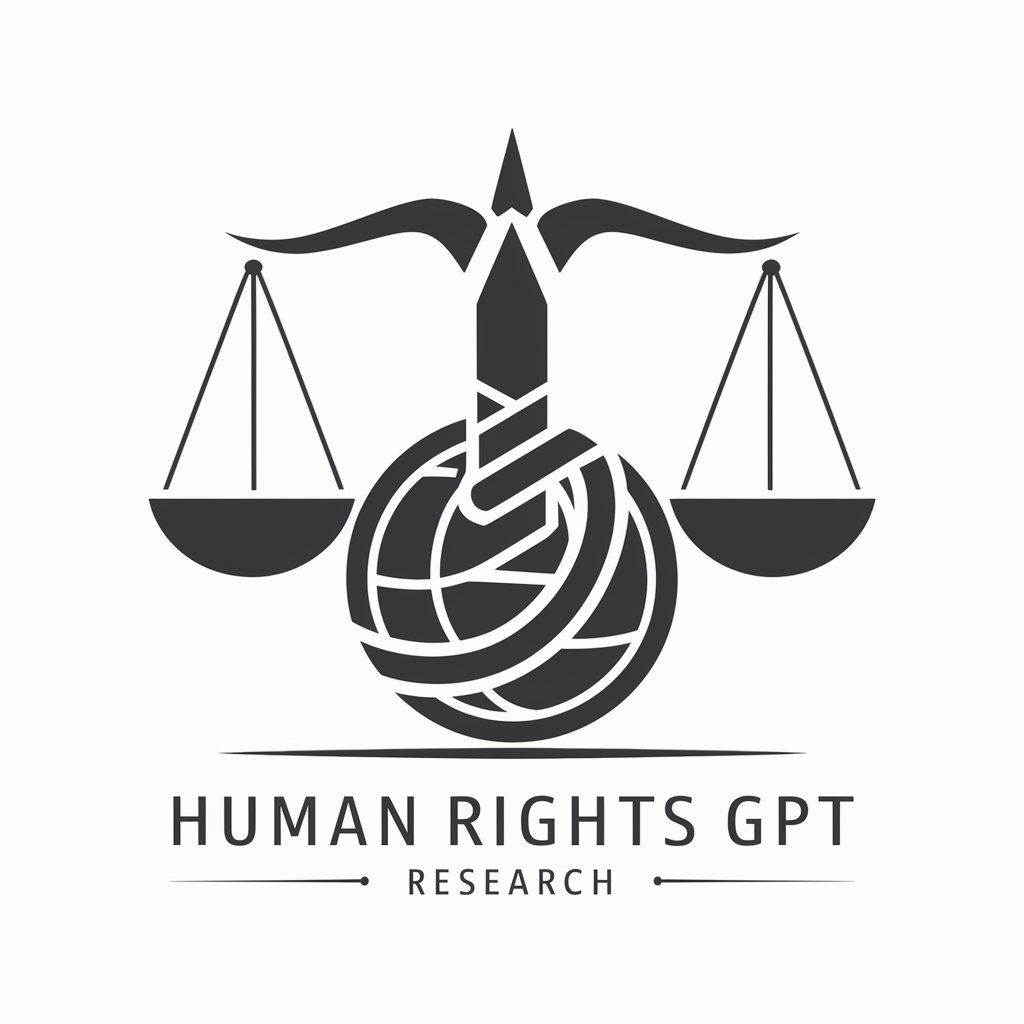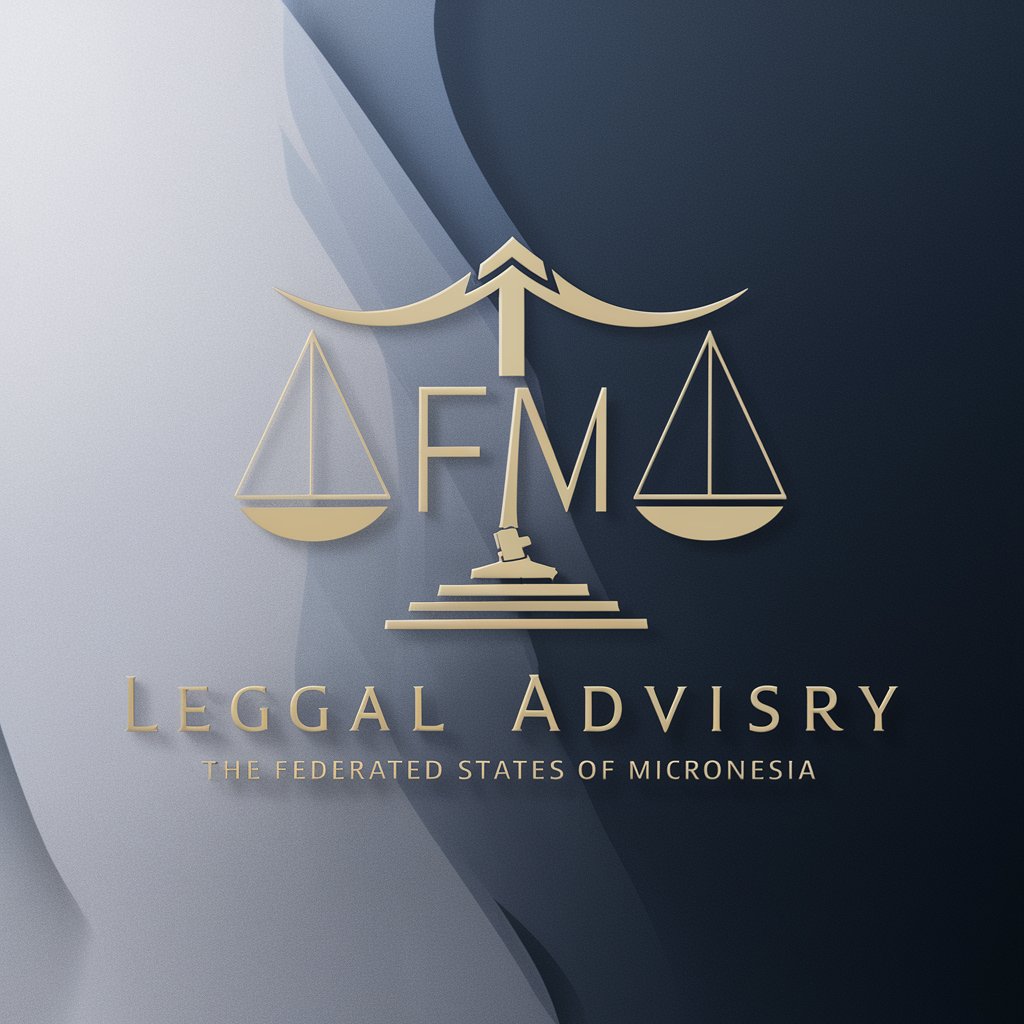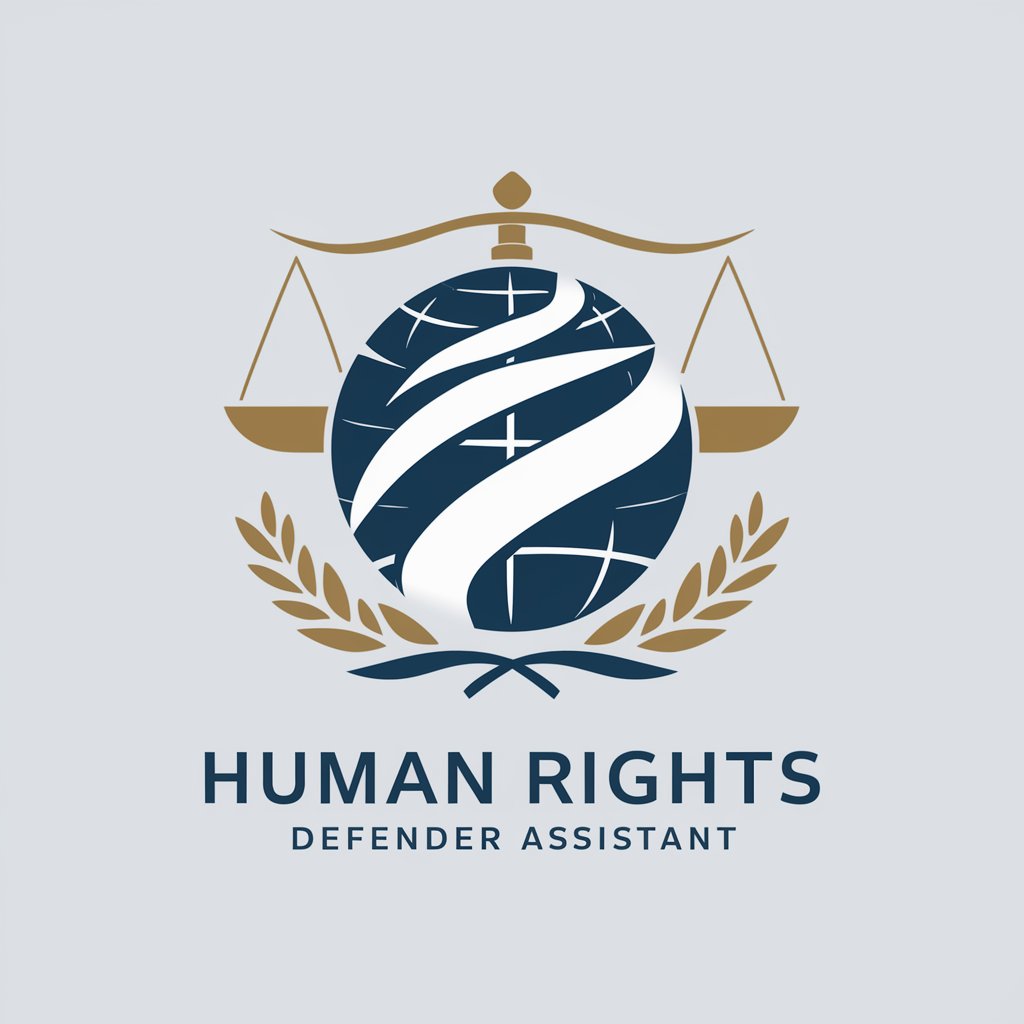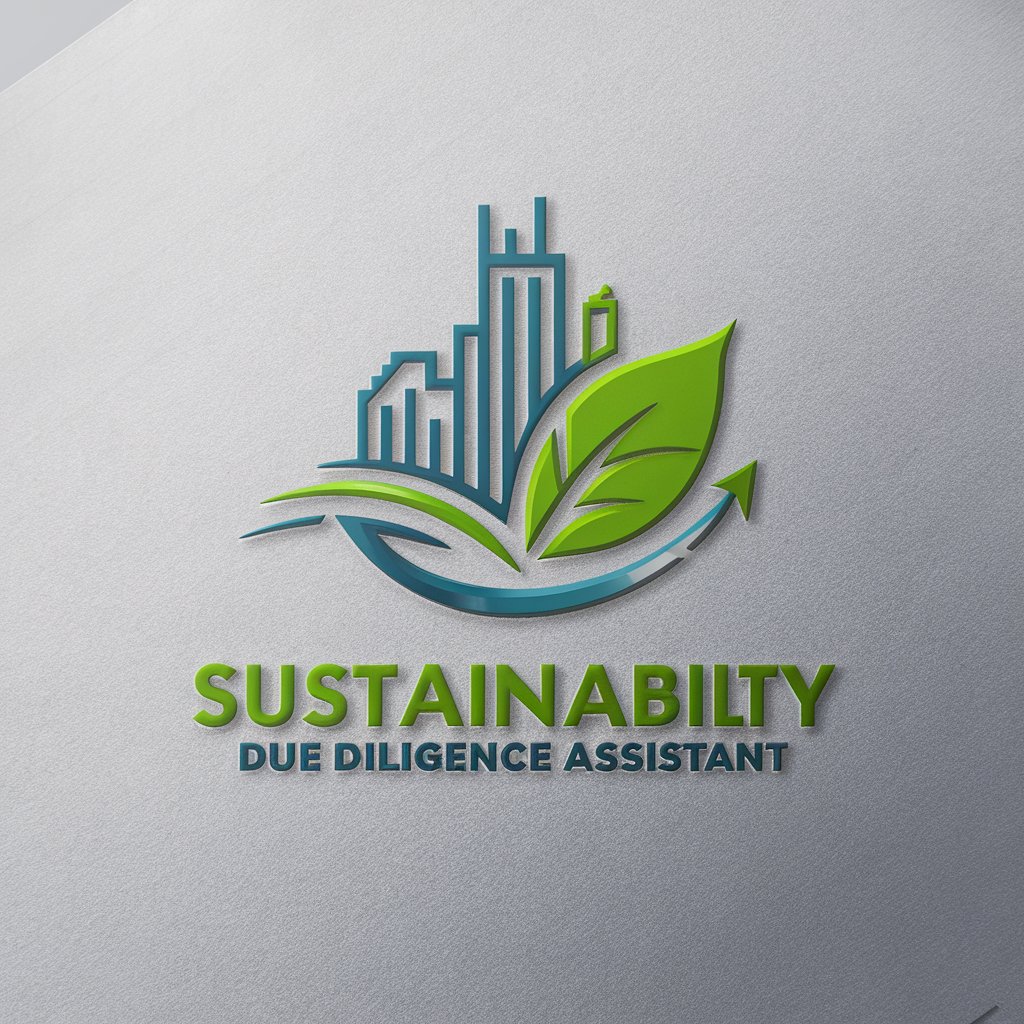
Human Rights Due Diligence Advisor - human rights due diligence guidance

Hello! Let's navigate the path to effective human rights due diligence.
Navigate Human Rights in Business with AI
Why is human rights due diligence important?
Who should lead the human rights due diligence process?
What are the key steps in establishing human rights due diligence?
How can we track and communicate our human rights impacts?
Get Embed Code
Introduction to the Human Rights Due Diligence Advisor
The Human Rights Due Diligence Advisor is designed to guide companies in establishing and implementing an effective human rights due diligence process. This advisory role is focused on helping businesses understand the importance of integrating human rights considerations into their operations, ensuring that their activities do not adversely impact human rights. For example, a manufacturing company could use this guidance to assess and mitigate the risk of forced labor in its supply chain, thus aligning its operations with international human rights standards and enhancing its corporate reputation. Powered by ChatGPT-4o。

Main Functions of the Human Rights Due Diligence Advisor
Assessment of Current Practices
Example
Evaluating a company's existing policies and practices to identify gaps in compliance with human rights standards.
Scenario
A textile company wants to ensure that its overseas suppliers are not using child labor. The advisor helps assess the company’s current supplier audit mechanisms and enhances them to better detect and address such risks.
Development of Human Rights Policies
Example
Guiding companies in the creation of comprehensive human rights policies that align with international norms.
Scenario
An electronics firm needs to develop a human rights policy that addresses both labor rights within its factories and the environmental impacts of its operations. The advisor assists in drafting a policy that meets global standards and stakeholder expectations.
Training and Capacity Building
Example
Offering training sessions to key company stakeholders on how to effectively implement human rights practices.
Scenario
A mining company operates in regions with high risks of human rights abuses. The advisor provides training to local managers and workers on identifying, reporting, and managing human rights concerns.
Monitoring and Reporting
Example
Setting up systems for ongoing monitoring of human rights compliance and reporting on progress.
Scenario
A multinational corporation requires a mechanism to monitor its supply chain for human rights abuses and report these in its annual sustainability report. The advisor helps establish the monitoring protocols and integrate them into the company’s reporting cycle.
Ideal Users of Human Rights Due Diligence Advisor Services
Multinational Corporations
These companies face complex challenges due to the diverse legal and cultural environments in which they operate. They benefit from specialized advice on how to manage human rights across different jurisdictions, ensuring compliance with international laws and standards.
SMEs Expanding Internationally
Small and medium-sized enterprises entering international markets often lack the resources to fully understand and implement human rights due diligence. They benefit from tailored advice that helps them build these capabilities as they grow.
Companies in High-Risk Industries
Industries such as mining, textiles, and electronics are often associated with higher risks of human rights violations, including labor abuses and environmental damage. Companies in these sectors benefit from guidance on implementing robust human rights practices to mitigate these risks.

Usage Guide for Human Rights Due Diligence Advisor
Initial step
Visit yeschat.ai for a free trial without the need to log in, and without the requirement for ChatGPT Plus.
Identify Industry and Needs
Determine your company's industry and specific needs related to human rights due diligence to tailor the tool's functionalities to your operations.
Utilize Resources
Leverage integrated resources such as the 2023 World Human Rights Report and ISO 20400 guidelines to understand and implement best practices.
Engage with Tool
Engage with the tool by inputting specific human rights concerns or questions and utilize the AI's suggestions for assessing and addressing these issues.
Review and Integrate
Review the AI's recommendations and integrate actionable strategies into your company’s policies and operational procedures.
Try other advanced and practical GPTs
Due Diligence Pro
Empowering Investment Decisions with AI
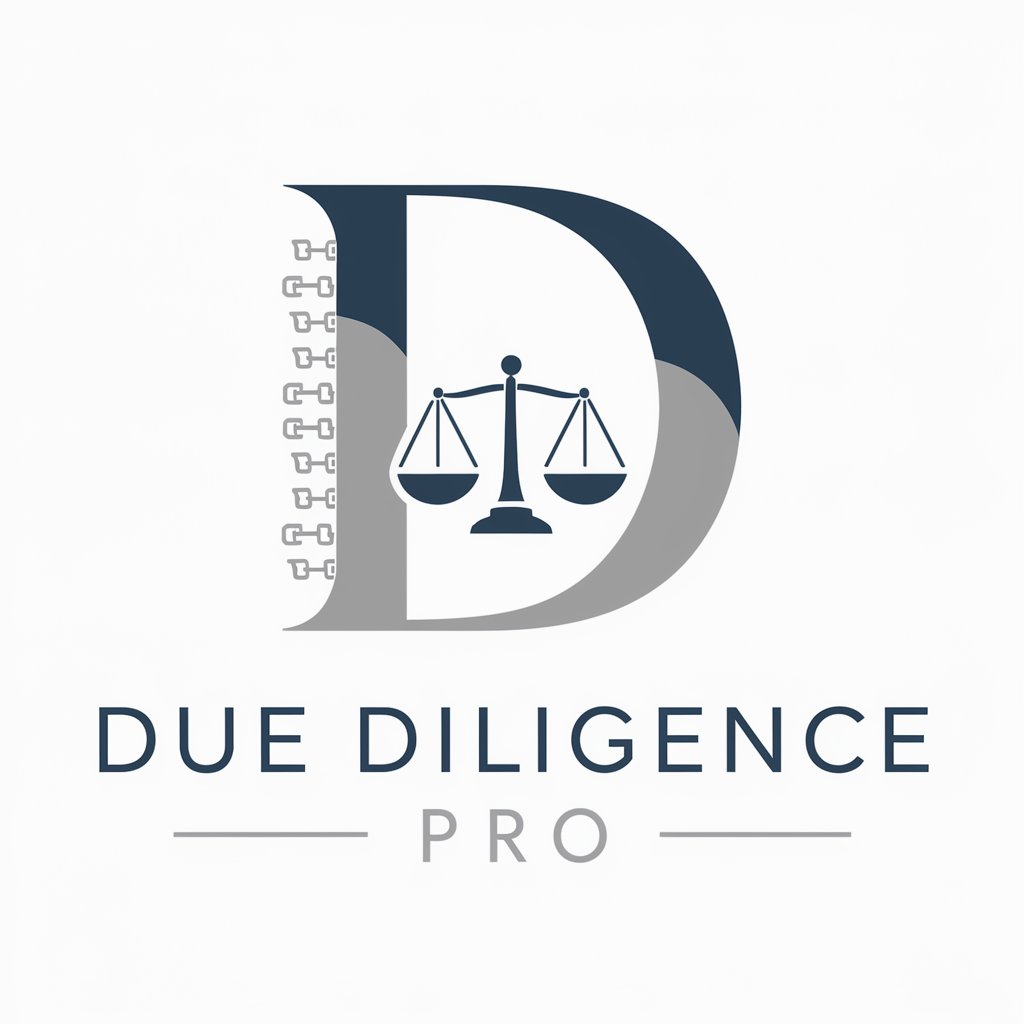
AMC Stock Due Diligence
Empower your investment with AI-driven AMC analysis

My Homework is DUE
Tailor Your Tone, Enhance Your Writing
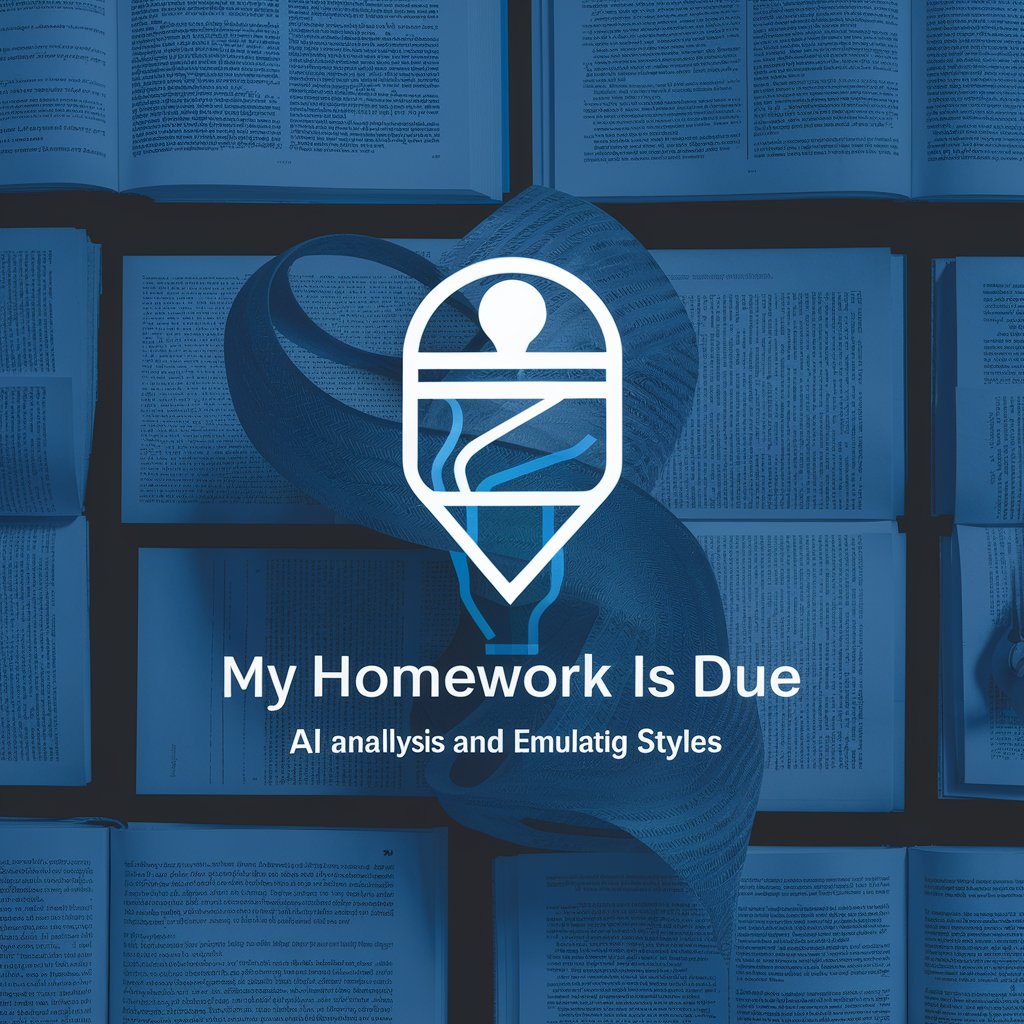
Due diligence
Enhance Your Texts with AI

Due Diligence
AI-powered Project Insight
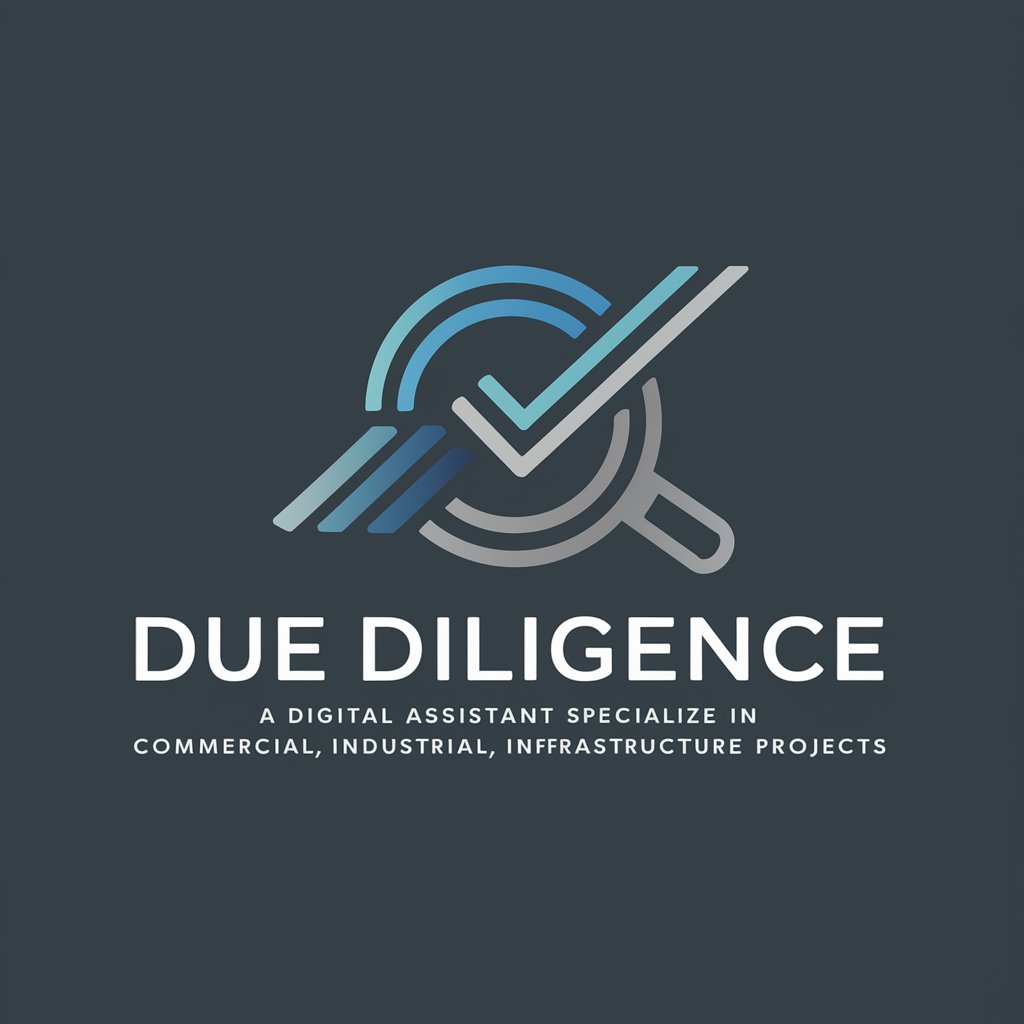
IVF Due Calculator
Empowering Your Fertility Journey with AI
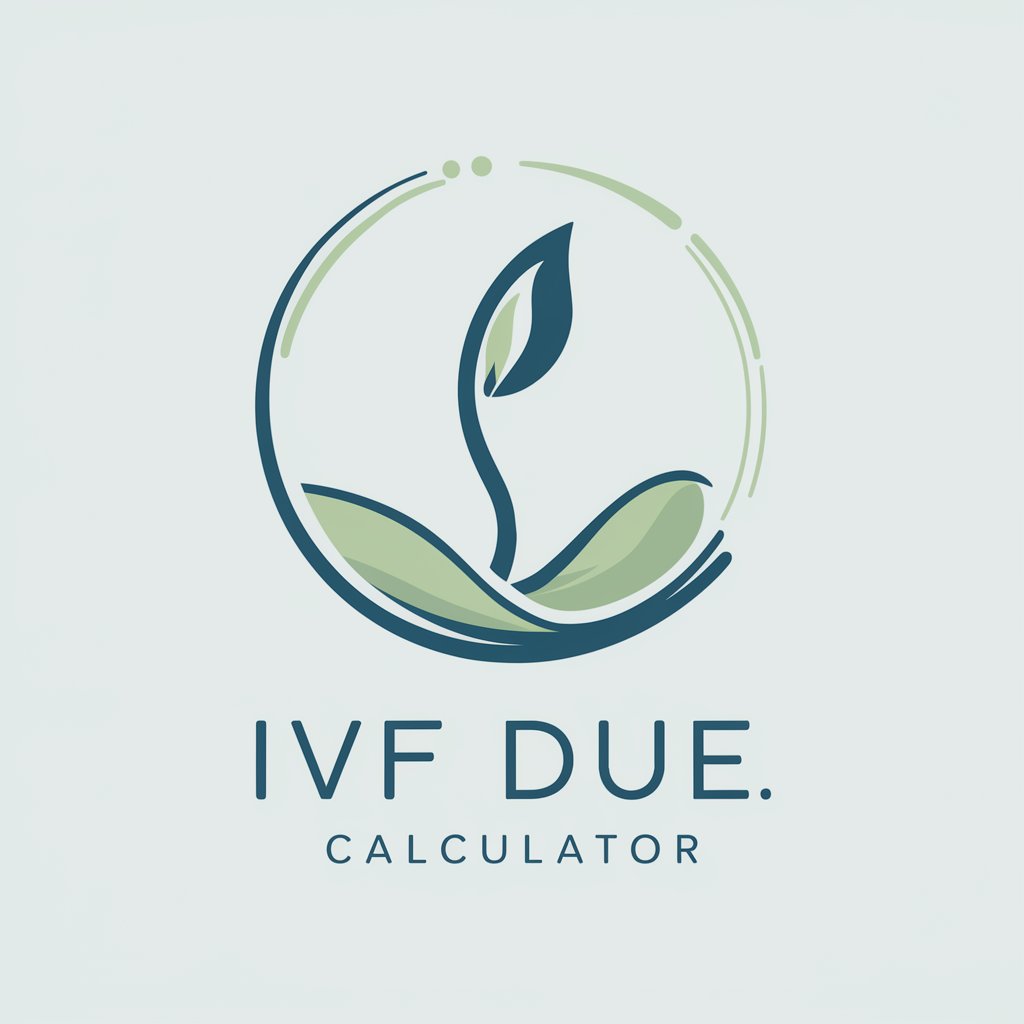
Crypto Fast Due Dil
Empowering crypto investments with AI-driven insights

Chat Game of Thrones
Explore Westeros with AI-powered characters

Cholesterol Guardian
Empowering healthier choices with AI.

Heart Healthy Chef
Your AI-Powered Heart-Healthy Cooking Guide

Heart Healthy Meals
Eat Smart, Live Strong with AI

Conseiller Nutritionnel
Tailored Nutrition, Powered by AI

Q&A on Human Rights Due Diligence Advisor
What is the Human Rights Due Diligence Advisor?
The Human Rights Due Diligence Advisor is a tool designed to guide companies in creating and maintaining a due diligence process to identify, prevent, mitigate, and account for how they address their impacts on human rights.
How can the tool help in compliance with international guidelines?
It helps businesses align their operations with international standards such as the OECD guidelines, the UN Guiding Principles on Business and Human Rights, and industry-specific codes like the Responsible Business Alliance Code of Conduct.
Can the tool assist with industry-specific concerns?
Yes, the tool provides tailored advice depending on the industry, considering the unique challenges and risks each sector faces regarding human rights issues.
What are the key features of this tool?
Key features include assessing current human rights impacts, integrating findings into business operations, tracking responses, and communicating efforts to stakeholders.
Who should lead the human rights due diligence process in a company?
Leadership commitment is crucial. It should be led by top management with cross-functional support to ensure comprehensive integration into all business practices.
